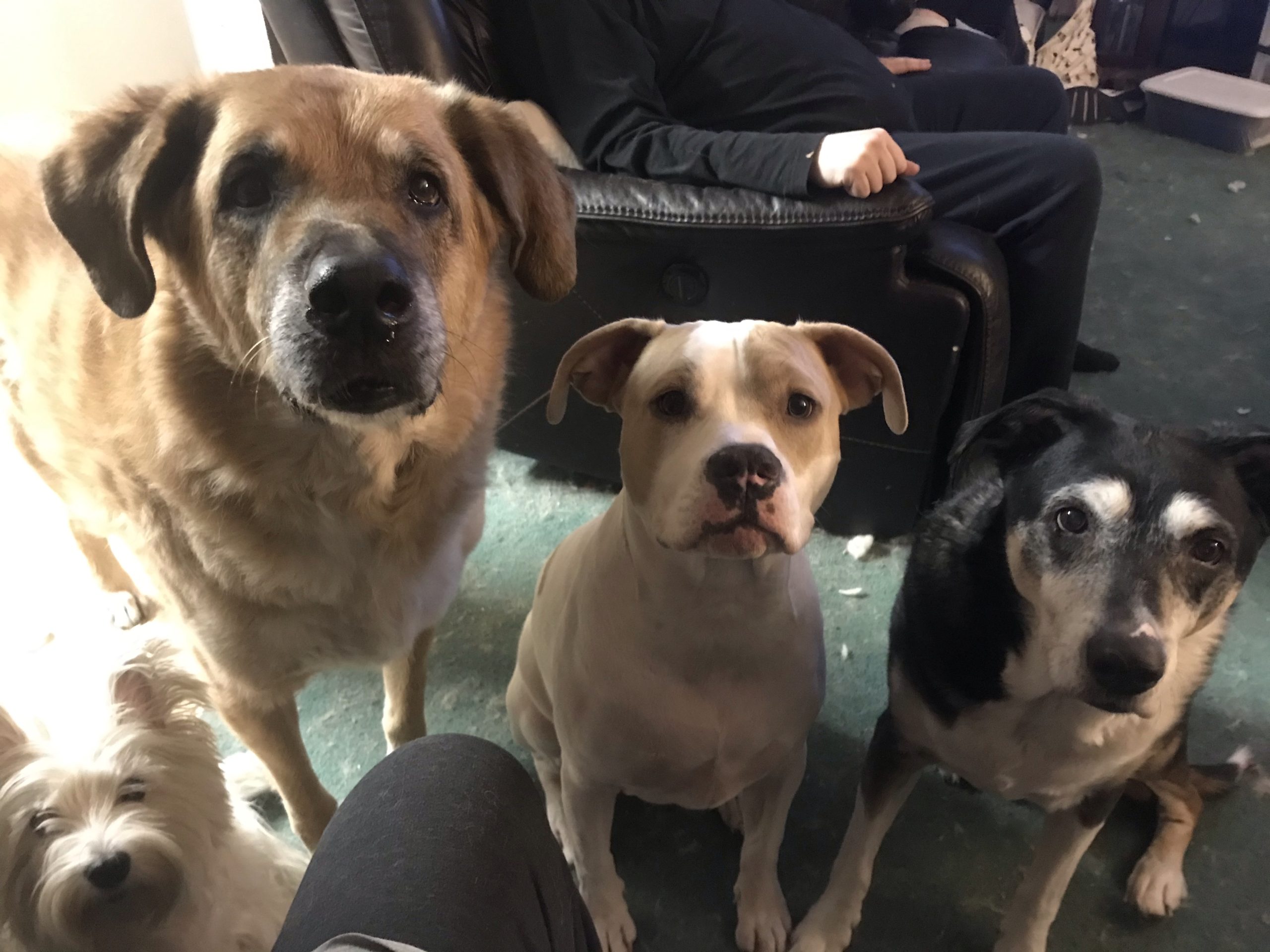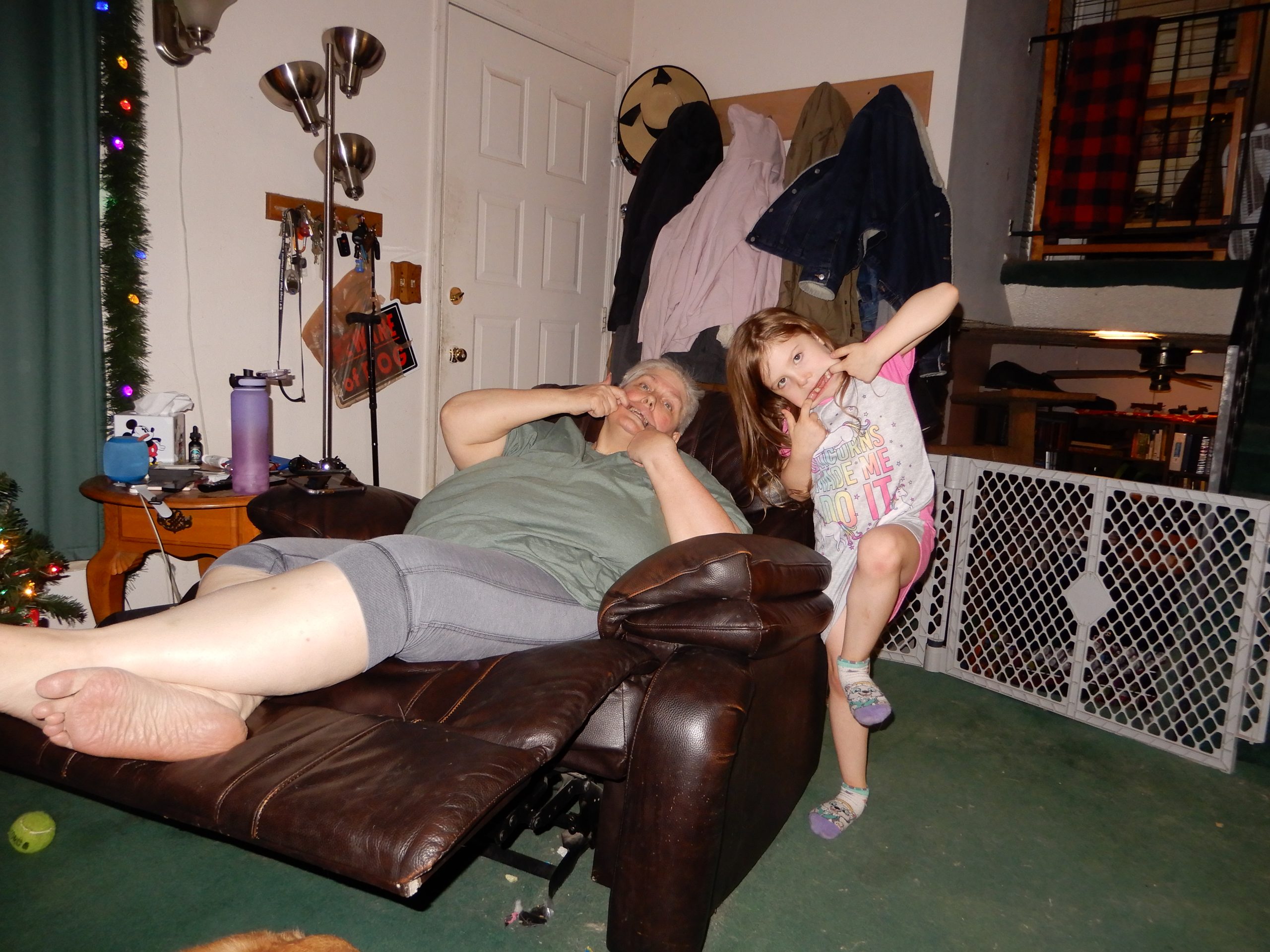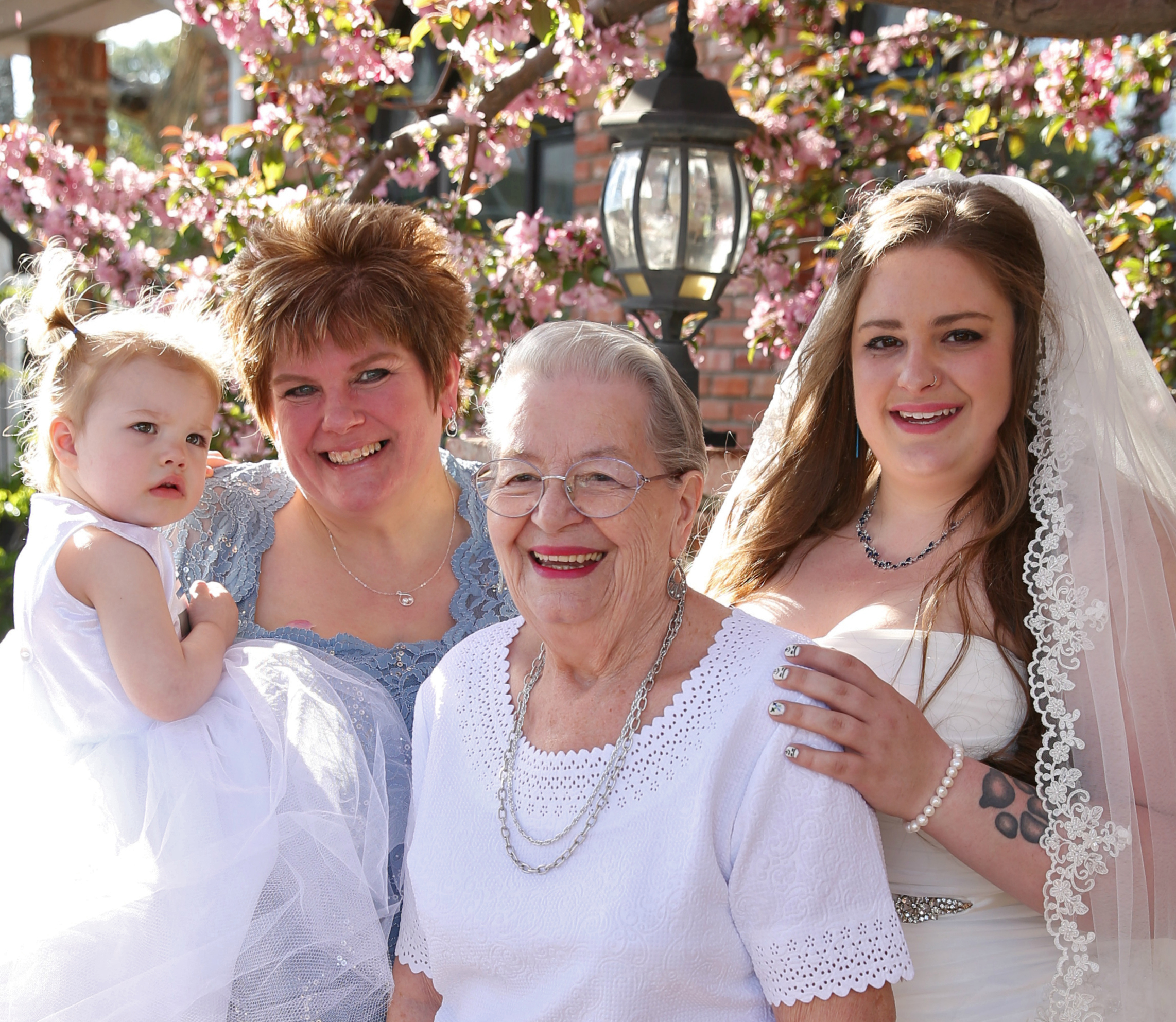Old dogs are the best dogs
From The Week (hat tip to Dave Trowbridge for posting it on Facebook)
Essay – The last word: Why old dogs are the best dogs
They can be eccentric, slow afoot, even grouchy. But dogs live out their final days, says The Washington Post’s Gene Weingarten, with a humility and grace we all could learn from.
posted on October 17, 2008, at 4:47 AM
It’s a great article – here’s a few of the paragraphs that jumped out at me:
They can be eccentric, slow afoot, even grouchy. But dogs live out their final days, says The Washington Post’s Gene Weingarten, with a humility and grace we all could learn from.
Not long before his death, Harry and I headed out for a walk that proved eventful. He was nearly 13, old for a big dog. Walks were no longer the slap-happy Iditarods of his youth, frenzies of purposeless pulling in which we would cast madly off in all directions, fighting for command. Nor were they the exuberant archaeological expeditions of his middle years, when every other tree or hydrant or blade of grass held tantalizing secrets about his neighbors. In his old age, Harry had transformed his walk into a simple process of elimination—a dutiful, utilitarian, head-down trudge. When finished, he would shuffle home to his ratty old bed, which graced our living room because Harry could no longer ascend the stairs. On these walks, Harry seemed oblivious to his surroundings, absorbed in the arduous responsibility of placing foot before foot before foot before foot. But this time, on the edge of a small urban park, he stopped to watch something. A man was throwing a Frisbee to his dog. The dog, about Harry’s size, was tracking the flight expertly, as Harry had once done, anticipating hooks and slices by watching the pitch and roll and yaw of the disc, as Harry had done, then catching it with a joyful, punctuating leap, as Harry had once done, too.
Harry sat. For 10 minutes, he watched the fling and catch, fling and catch, his face contented, his eyes alight, his tail a-twitch. Our walk
home was almost … jaunty.
—
Now that is some fine writing.
—
What dogs do not have is an abstract sense of fear, or a feeling of injustice or entitlement. They do not see themselves, as we do, as tragic heroes, battling ceaselessly against the merciless onslaught of time. Unlike us, old dogs lack the audacity to mythologize their lives. You’ve got to love them for that.
The product of a Kansas puppy mill, Harry was sold to us as a yellow Labrador retriever. I suppose it was technically true, but only in the sense that Tic Tacs are technically “food.” Harry’s lineage was suspect. He wasn’t the square-headed, elegant type of Labrador you can envision in the wilds of Canada hunting for ducks. He was the shape of a baked potato, with the color and luster of an interoffice envelope. You could envision him in the wilds of suburban Toledo, hunting for nuggets of dried food in a carpet.
—
I just love the imagery and the humor.
—
In our dogs, we see ourselves. Dogs exhibit almost all of our emotions; if you think a dog cannot register envy or pity or pride or melancholia, you have never lived with one for any length of time. What dogs lack is our ability to dissimulate. They wear their emotions nakedly, and so, in watching them, we see ourselves as we would be if we were stripped of posture and pretense. Their innocence is enormously appealing. When we watch a dog progress from puppyhood to old age, we are watching our own lives in microcosm. Our dogs become old, frail, crotchety, and vulnerable, just as Grandma did, just as we surely will, come the day. When we grieve for them, we grieve for ourselves.
—
A great read. Go read the whole thing, it’s worth every second.

















